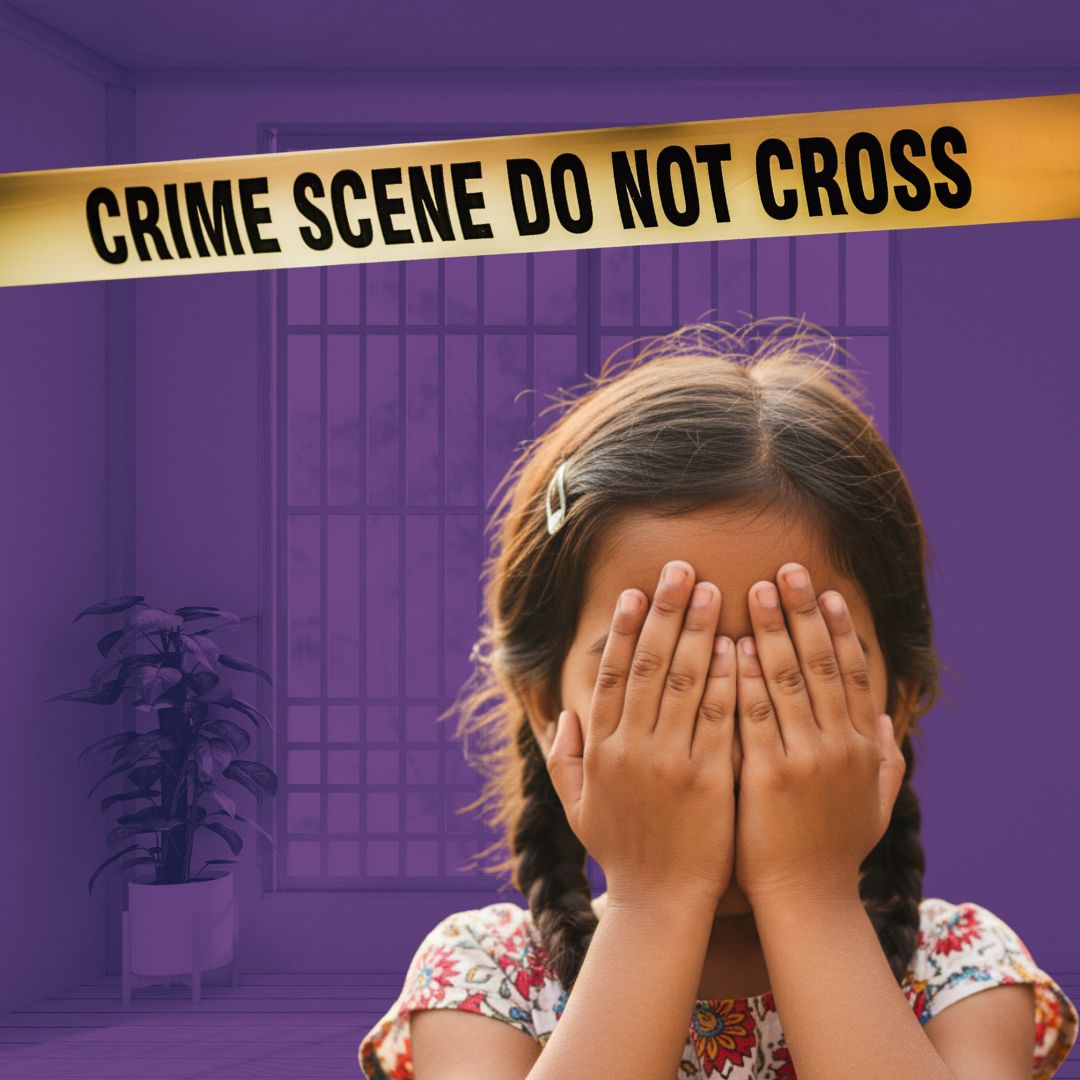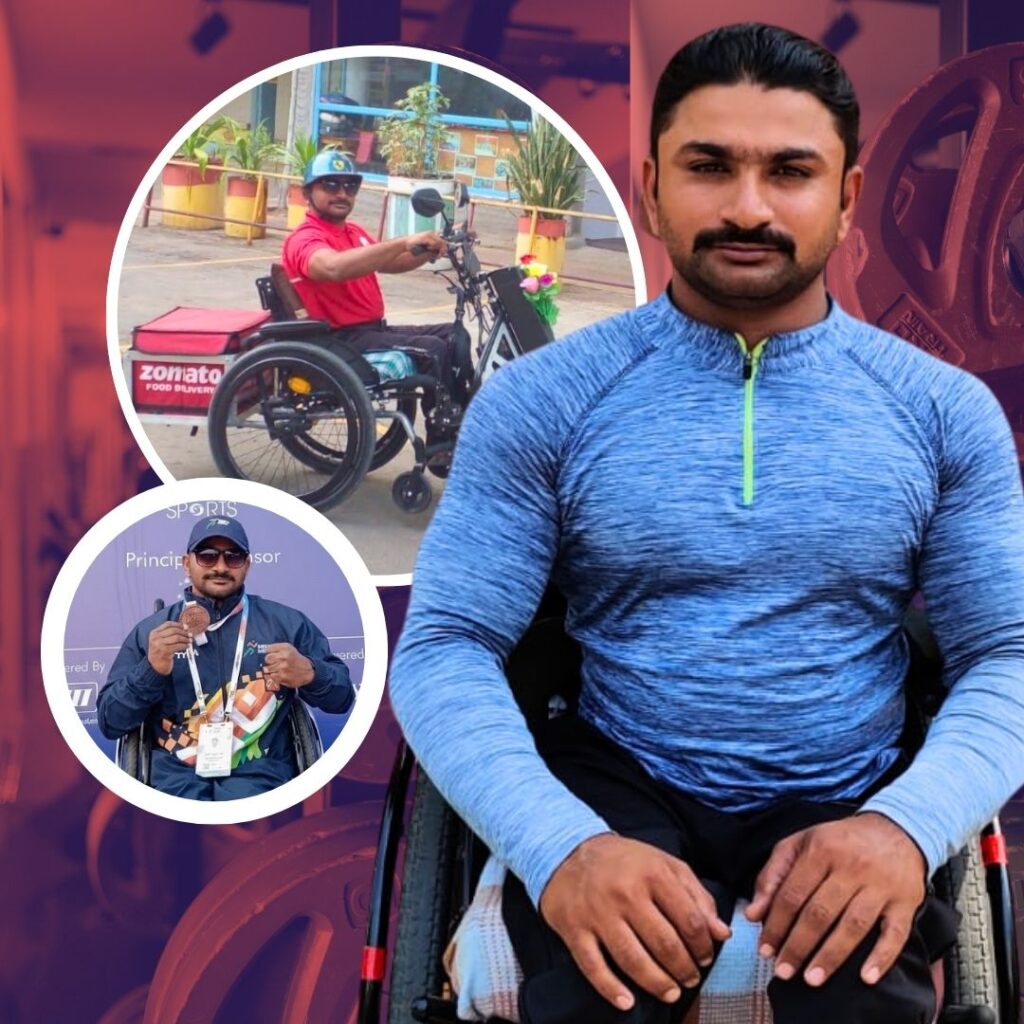A man in Bhubaneswar was sentenced to 20 years in jail by a special court on Thursday for allegedly repeatedly raping his eight-year-old daughter, after being caught in the act by his wife in October 2022 and quickly arrested.
The judgment comes after a detailed investigation and trial, with the court ordering both rigorous imprisonment and financial compensation for the survivor while local authorities and experts stress the importance of vigilance and child protection.
Justice and Rehabilitation in Focus
The case unfolded in the small locality of Bhubaneswar, where the man’s wife caught him abusing their child, leading to an immediate police complaint and swift arrest.
The court not only sentenced the accused to 20 years of rigorous imprisonment under the POCSO Act but also ordered a ₹4 lakh compensation for the survivor, placing responsibility on the District Legal Services Authority to ensure her rehabilitation.
Wider Context and Community Response
The Bhubaneswar case is seen as emblematic of a growing vigilance against child abuse, as increased awareness and community reporting have enabled law enforcement agencies to intervene more rapidly. According to local NGOs and officials, the survivor is now under the care of social welfare agencies, receiving psychological support and counselling to aid her recovery.
Experts point out that the growing rate of reported abuse cases in Odisha reflects both increased public awareness and persistent gaps in protective infrastructure for children. Neighbours and concerned citizens played a pivotal role in exposing the crime, serving as a model for the importance of collective responsibility in preventing abuse.
Odisha State Commission for Women and several child advocacy groups have praised the verdict while urging citizen vigilance and proactive law enforcement.
Institutional Accountability and Societal Challenges
Incidents like this demonstrate the urgent need for multi-layered safeguards to protect children from abuse at home and in society. While the local administration moved quickly to address the situation and the courts acted decisively, civil rights advocates argue that systemic reforms, more child welfare officers, increased access to mental healthcare, and widespread educational programmes, are necessary to ensure long-term change.
The state’s recent investments in child protection machinery have helped but activists say that greater cooperation between government, NGOs, and citizens is crucial. Local leaders and prominent officials have called for the implementation of strict monitoring mechanisms and educational drives in schools to prevent future tragedies.
Similar Case, a Few Days Ago
Just days ago, a 19-year-old college student was gang-raped near Baliharchandi temple in Puri district while her male friend was held hostage.
Police have arrested three men, with a manhunt underway for other suspects. The incident has sparked significant outrage and calls for greater security in the area.
The Logical Indian’s Perspective
This tragedy serves as a stark reminder of the depths of suffering children may face in unsafe environments and the powerful role communities must play in prevention. The Logical Indian stands in solidarity with survivors and emphasizes that collective empathy, dialogue, and proactive involvement are vital for nurturing compassion and safety in society.
Justice for survivors should go hand-in-hand with efforts to eliminate stigma and support recovery, promoting harmony and responsible coexistence.












